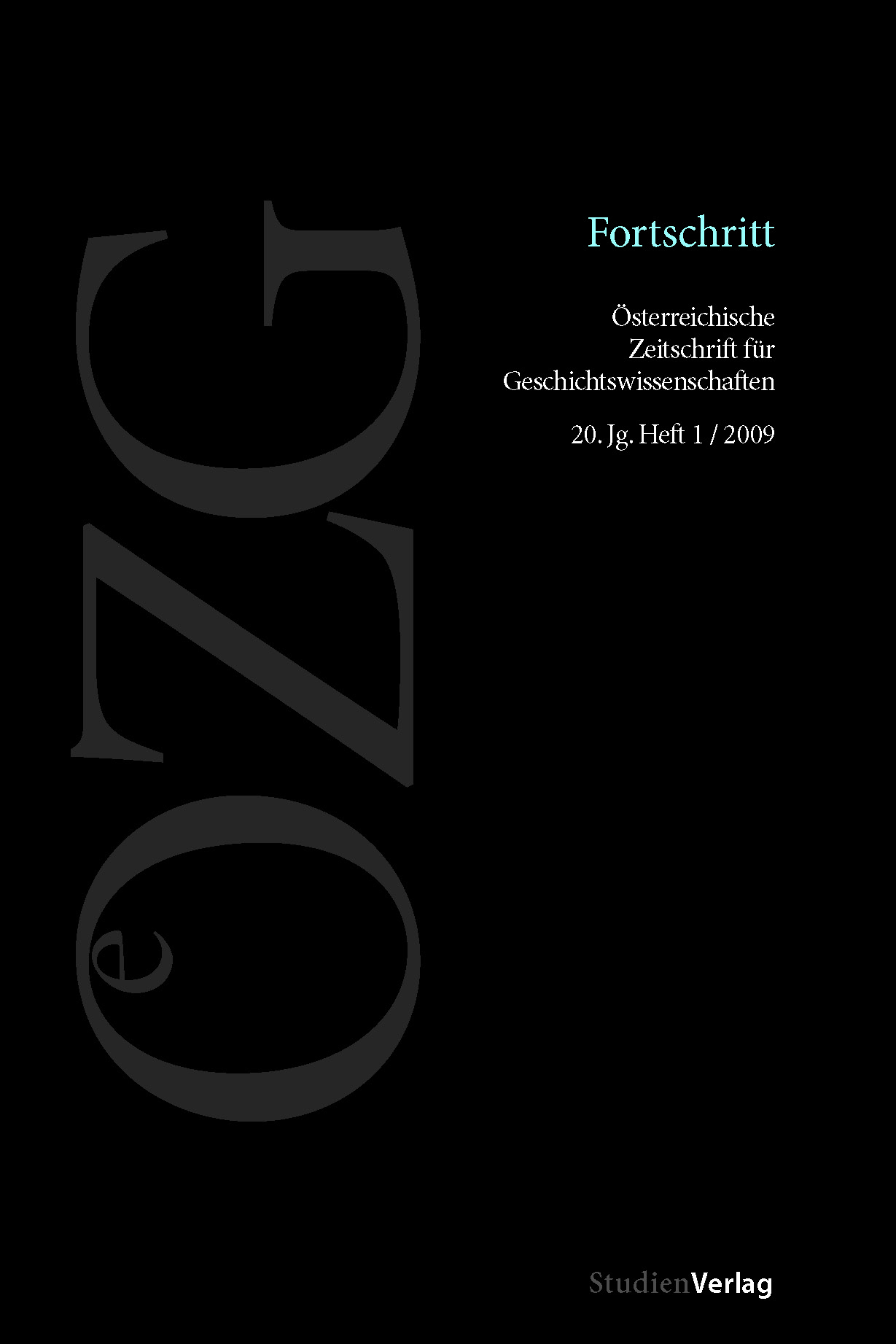Der Fortschritt der Kritischen Theorie
DOI:
https://doi.org/10.25365/oezg-2009-20-1-4Schlagworte:
Dialectic of enlightenment, progress, domination, liberation, phases of capitalism, FordismAbstract
Critical Theory in the 1940s contributed a significant modification of the classic idea of ‚progress‘ by arguing that development of the means of production implies development of the means of domination at the same time. This does not (against Habermas) necessarily lead into hopeless historical pessimism, but to a minimalist idea of progress: avoid the self-destruction of humanity and stop hunger and fear. The potential of the other radical implication of Critical Theory, namely that progress = liberation cannot necessarily be expected from a new mode of production. That there can be new modes of production inside a capitalist structure, is not fully realized by Horkheimer/Adorno due to their limited model of the development of capitalism: from „liberalism“ to „monopoly capitalism“. Post-war developments had to be „explained away“ as new forms of domination of the same old capitalism. Assuming that capitalism moved through the phases of Industrialism to Fordism to Neo-liberalism provides a better framework for Critical Theory and its idea of ‚progress‘.


